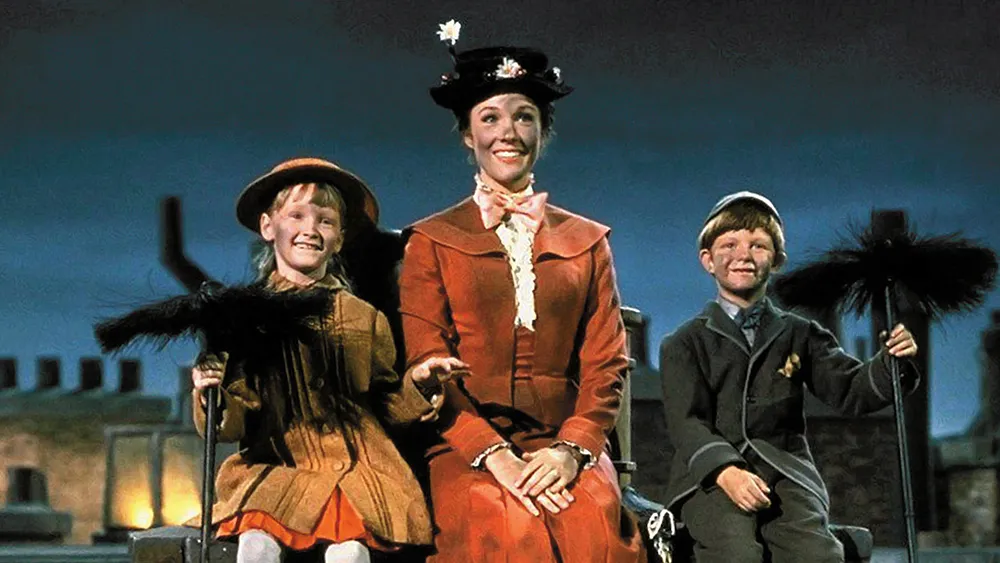As we say goodbye to 2024 and welcome 2025, many people take this time to reflect on their past year and set new goals for the months ahead. New Year’s resolutions have become a tradition for many, offering a fresh start and an opportunity to improve various aspects of life, from health and academics to personal growth.
For many, the New Year is the perfect time to focus on self-improvement. Health-related resolutions, such as eating better, exercising more, and managing stress, are some of the most popular. Other common goals include boosting productivity, developing better study habits, and making more time for hobbies and relaxation.
However, sticking to New Year’s resolutions can be challenging. Research shows that around 80% of resolutions fail by February, often due to unrealistic expectations or a lack of follow-through. Despite this, the tradition of setting resolutions endures, offering people a sense of renewal and motivation to take on new challenges.
Experts recommend making resolutions that are specific, realistic, and measurable to increase the chances of success. Rather than setting overwhelming goals, it’s helpful to break them down into smaller, more manageable steps. Consistency is key, and it’s important to be kind to yourself if you face setbacks along the way. Progress, no matter how small, is still progress.
As 2025 begins, the spirit of New Year’s resolutions reminds us that each year offers a new opportunity for growth, reflection, and positive change. Take the time as the year comes to a close to ask yourself what your resolution for 2025 will be.






















